At the beginning of Barneys, Books and Bust Ups: 50 Years of the Booker Prize (BBC4), Kirsty Wark’s voiceover promised us ‘a tale of fierce rivalries, bruised egos and, most importantly of all, countless brilliant books’. In the event, though — as the title perhaps suggested — those countless brilliant books proved rather less important to the programme than Kirsty’s edifying words had led us to believe. At one point, it noted in passing that Midnight’s Children is a very good novel. At another, it lamented the melancholy fact that Booker ‘voting intrigue and judges’ fallings-out’ have sometimes overshadowed ‘the books themselves’. But once those duties were discharged, it soon got back to its main business of providing an enjoyably gossipy whisk through half a century of fierce rivalries, bruised egos, voting intrigue and judges’ fallings-out.
When the prize started in 1969, it went largely unnoticed outside the publishing world. Luckily, it didn’t have to wait long for its first controversy — or its second. In 1971, the chair of judges, Malcolm Muggeridge, denounced the novels he was obliged to read as ‘pornography’ and resigned. The following year, the Marxist writer John Berger used his winner’s speech to attack the Booker company’s exploitation of the Caribbean in its sugar business, and to announce that he’d share the prize money with the British Black Panthers. Before long, newspapers realised that they had a reliable, if unlikely new source of scandal — much of it supplied by the prize’s administrator Martyn Goff, who, when not holding stern meetings to find out who was leaking all those behind-the-scenes stories to the press, was leaking all those behind-the-scenes stories to the press.
By the 1980s, the Booker had become what it remains: a rare chance for a literary writer to become both an instant celebrity and an instant millionaire. ‘I felt like a rock star,’ the 1991 winner Ben Okri told us on Monday with a mixture of bewilderment and glee (but mostly glee). ‘You sell and sell and sell and sell — everywhere,’ said 2007’s victor Anne Enright in much the same tone.
Not surprisingly, then, the awards dinner itself is a pretty nervy experience for the shortlisted authors. ‘ I started drinking early,’ said John Banville who was shortlisted in 1989 — and by ‘early’ he meant at 8.30 a.m. More than 12 hours later, as the announcement approached, he slurringly inquired of his wife what he should say if he won. ‘Can you manage “thank you”?’ she asked. Unfortunately, Banville didn’t think he could. Fortunately, he didn’t win anyway.
But of course, what really made the Booker famous is what makes everything else famous too: being on television. ‘TV added new excitement,’ said Kirsty. ‘It turned the Booker into a national event.’ To prove it, Monday’s programme then served up an entertaining anthology of Booker’s top TV moments, including Selina Scott (the Blue Peter elephant of televised literary coverage) asking judge Angela Carter the searching question ‘Who are you?’ and chair of judges Fay Weldon how many of the books she’d read.
Which only made it all the more mysterious — and possibly a bit craven — that Monday’s programme didn’t so much as mention the fact that the Booker isn’t televised any more, let alone wonder why. Instead, when this year’s winner was being announced on Tuesday night, BBC4 was showing a repeat of a documentary on New Zealand geography.
Happily (contrived link alert), the documentary in question was immediately followed by what looks like being a terrific new drama series. There She Goes is written by Shaun Pye and based on his own experience of having a child with severe learning difficulties — which in this case partly take the form of having an uncanny ability to find new and imaginative ways of testing her parents’ patience to breaking point.
In the opening episode, nine-year-old Rosie limbered up with some mild violence and a spot of lying in the middle of the road during a walk to the park. By bedtime, however, she was causing mum Emily to shout down to her husband, ‘Simon, Rosie’s hidden another poo’ — and as her parents searched for it (it eventually showed up in her doll’s house) running downstairs to pour food all over the floor and milk all over her head.
David Tennant and Jessica Hynes play the parents and, predictably enough, both are great. Tennant’s Simon alternates wearily between despair and a determination not to despair, often consoling himself with the darkest of gallows humour. Hynes is particularly good in the flashback scenes to the months following Rosie’s birth, when she knew something was badly wrong, but was made to feel she was just being a neurotic mother. Pye’s writing, meanwhile, does a beautifully nuanced job of capturing all the conflicting emotions that you might imagine — and some that you might not.
Got something to add? Join the discussion and comment below.
Get 10 issues for just $10
Subscribe to The Spectator Australia today for the next 10 magazine issues, plus full online access, for just $10.
You might disagree with half of it, but you’ll enjoy reading all of it. Try your first month for free, then just $2 a week for the remainder of your first year.

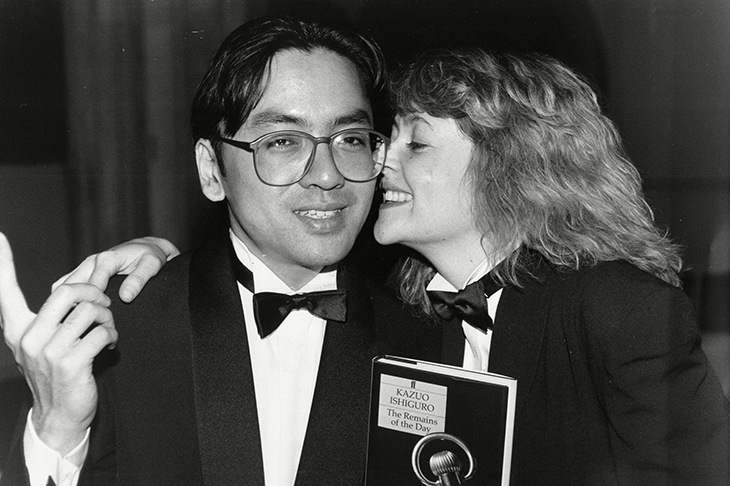
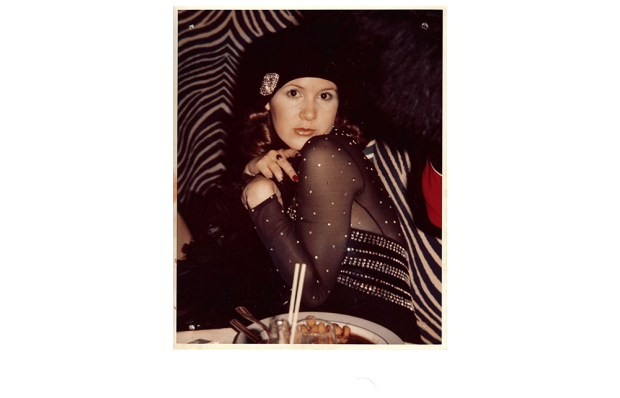

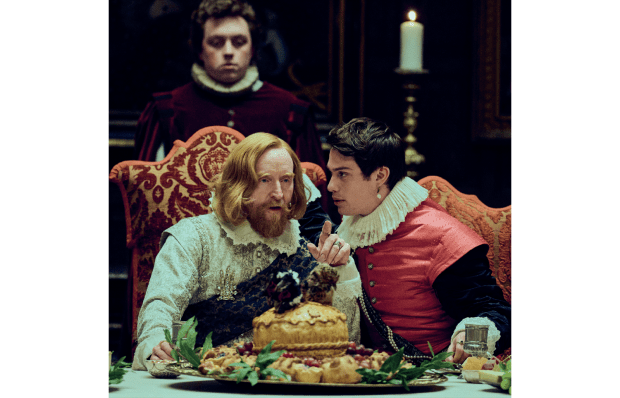
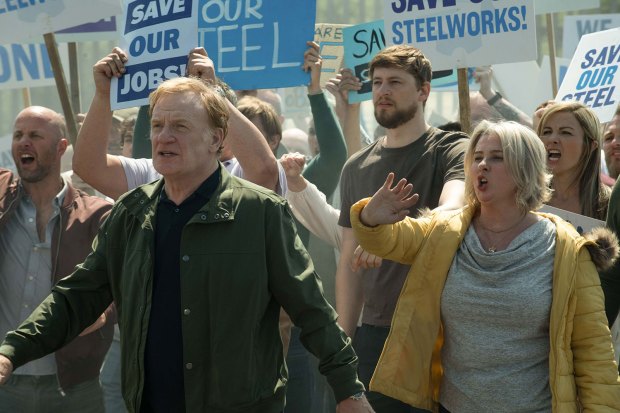

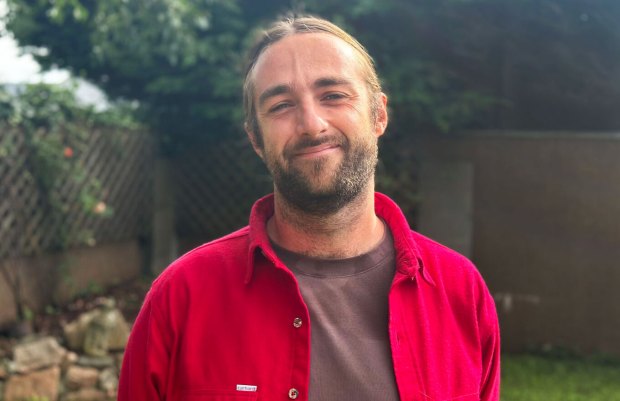






Comments
Don't miss out
Join the conversation with other Spectator Australia readers. Subscribe to leave a comment.
SUBSCRIBEAlready a subscriber? Log in